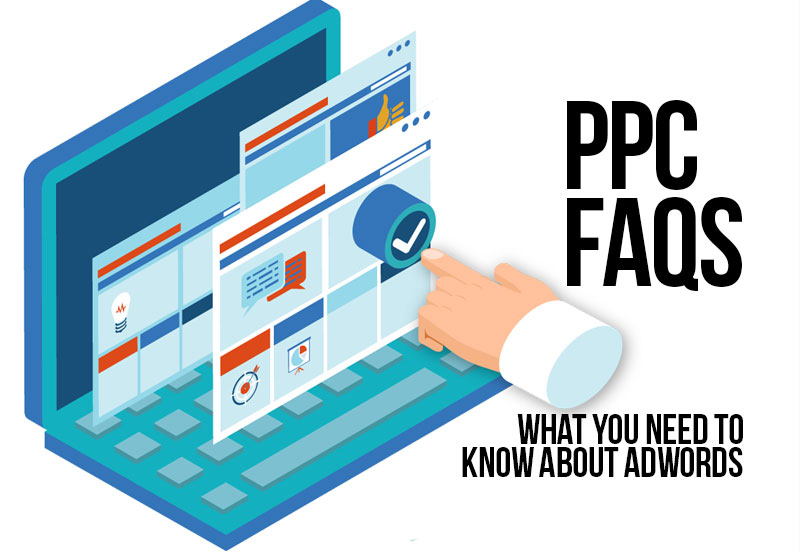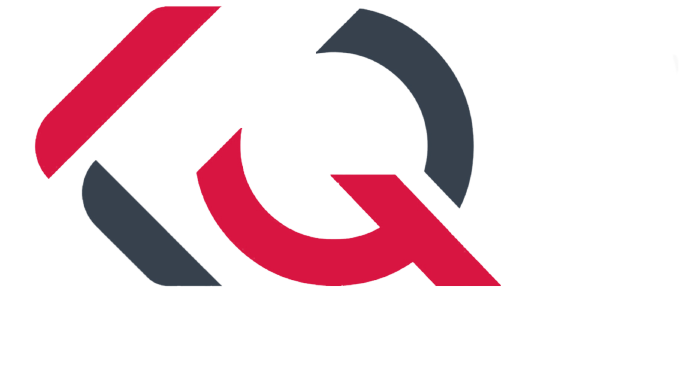
PPC (Pay-Per-Click) Advertising
In the fast-paced world of digital marketing, Pay-Per-Click (PPC) advertising has emerged as a powerful tool for businesses to reach their target audience effectively.
PPC advertising is a digital marketing model where advertisers pay a fee each time their ad is clicked. It allows businesses to bid on relevant keywords and place their ads on search engines, social media platforms, and other websites. The most common platforms for PPC advertising are Google Ads (formerly Google AdWords) and Facebook Ads.
PPC Techniques
Keyword Research: Identifying relevant keywords that align with the target audience’s search intent is crucial for a successful PPC campaign. Keyword research helps businesses choose the right keywords to bid on and optimize their ad relevance.
Ad Copywriting: Crafting compelling ad copy that resonates with the audience and entices them to click on the ad is essential. A well-written ad can significantly improve click-through rates and conversion rates.
Landing Page Optimization: Once users click on the ad, they should be directed to a relevant and optimized landing page. A well-designed landing page enhances the user experience and increases the likelihood of conversions.
Bid Management: Managing bids effectively is critical to control costs and ensure maximum return on investment (ROI). Strategic bid management involves adjusting bids based on keyword performance and competition.
History of PPC Advertising
The concept of PPC advertising dates back to the mid-1990s when the first clickable ad was displayed on the web. In 1996, a web hosting company called Goto.com (later renamed Overture) introduced the “pay for placement” model, where advertisers bid on keywords for their ads to appear in search results. This concept was the precursor to modern-day PPC advertising.
Google AdWords, now known as Google Ads, revolutionized PPC advertising in 2000 by launching its platform, allowing advertisers to bid on keywords and display their ads on Google’s search engine. Facebook introduced its PPC platform in 2007, offering advertisers the opportunity to reach its massive user base with highly targeted ads.
Benefits of Google and Facebook PPC
Highly Targeted Advertising: Both Google and Facebook offer advanced targeting options, allowing advertisers to reach specific demographics, interests, behaviors, and even remarket to previous website visitors.
Measurable Results: PPC advertising provides real-time data and insights, allowing advertisers to track ad performance, clicks, conversions, and ROI accurately.
Cost Control: With PPC, businesses have control over their budgets and can set daily or lifetime spending limits to manage costs effectively.
Quick Results: Unlike organic methods, PPC campaigns can generate immediate traffic and results, making it an ideal choice for businesses looking for quick visibility.
Flexibility and Customization: Advertisers have the flexibility to create custom ad formats, tailor messaging, and adjust campaigns as needed.
Why Businesses Need PPC Services?
PPC services are invaluable for businesses seeking to maximize their online visibility, generate leads, and drive sales. Professional PPC services provide expertise in keyword research, ad copywriting, bid management, and campaign optimization, ensuring the best possible results and a strong return on investment.
The Role of Google Ads in PPC Services
Google Ads is the leading platform for PPC advertising, commanding a significant share of the digital advertising market. It plays a pivotal role in PPC services due to the vast reach of Google’s search engine and display network. Advertisers can create targeted ads, choose specific keywords, and bid on ad placements to appear on relevant search results and websites across the internet.
PPC advertising is an indispensable tool for businesses to achieve their marketing goals in the digital landscape. By leveraging the power of Google and Facebook PPC, businesses can effectively reach their target audience, drive quality traffic, and attain measurable results. With the assistance of kushagraquint professional PPC services, We can optimize your campaigns, increase your return on investment, and stay ahead in the competitive online advertising realm.
Pay Per Click FAQs

